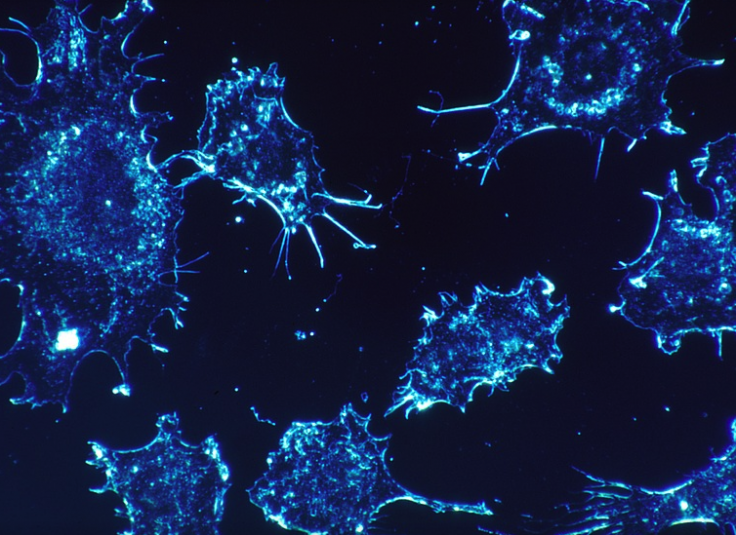Improved understanding of the working of cancer cells at a genetic level can pave the way for better and effective treatment of several types of cancers. Providing a positive step in the direction, a study by researchers from Cornell University finds that a protein known as TiPARP plays an inhibitory role in the growth of cancers.
According to the paper, a transcription factor, HIF-1, that plays a crucial role in several kinds of cancers including breast cancer, is suppressed by TiPARP. Transcription factors are proteins that control essential processes in the body. However, HIF-1 is known to promote the growth of tumors.
"TiPARP is a terminator of HIF-1. Therefore, if you can activate TiPARP, then you can suppress [tumor growth]," said Hening Lin, the corresponding author of the study, in a statement.

The Role of HIF-1
While transcription factors function in healthy cells as part of the regular biological process, cancer cells can use these proteins, including HIF-1 to enable the growth of tumors. HIF-1 is activated by low-oxygen conditions, which in turn helps cells adapt to low availability of oxygen.
In the case of cancers, HIF-1 plays a vital role in their growth as several tumors flourish in conditions of low oxygen. "For these tumors to survive, they have to rely on HIF-1," stressed Lin.
'Terminating' Effect of TiPARP
The scientists discovered the mechanism through which TiPARP terminates HIF-1 and other similar transcription factors. The process is known as "phase condensation" or "liquid-liquid phase separation". Its manifestation can be imagined as drops of vinegar in oil. The vinegar does not mix with the oil, but rather forms distinct droplets that are suspended in the highly viscous oil.
When TiPARP is triggered within the nucleus of a cell, it creates the so-called "phase separation". It employs HIF-1-alpha and a ubiquitin-protein ligase called HUWE1, in the nucleus. This leads to the process where TiPARP and HIF-1-alpha are deactivated and degraded together.

Through the phase separation mechanism, TiPARP eliminated several types of transcription factors that play an important role in different kinds of cancers along with HIF-1. In addition to the suppression of HIF-1, the researchers found that TiPARP negates other key transcription factors such as C0-Myc and estrogen receptors.
May Play A Role In Cancer Drugs
Tamoxifen is a commonly used drug in the treatment of breast cancer and is effective especially against estrogen receptor-positive breast cancers. The scientists believe that TiPARP could already be playing a role in the medication's effectiveness. Lin suggests that Tamoxifen functions in the manner it does because TiPARP seeks out estrogen receptor, HIF-1 and c-Myc in tumors, and destroys them.
"When Tamoxifen and similar compounds were developed as estrogen receptor agonists or antagonists, we did not even know what compounds would be better. Now we think the idea will be, what compound can activate TiPARP better?" concluded Lin.









